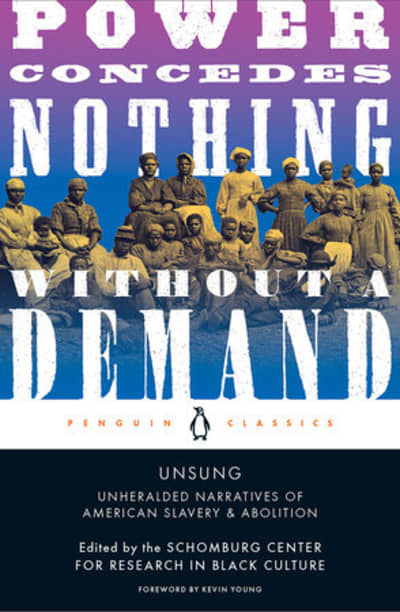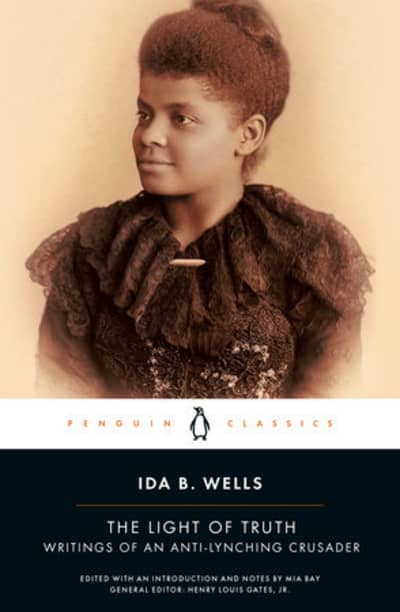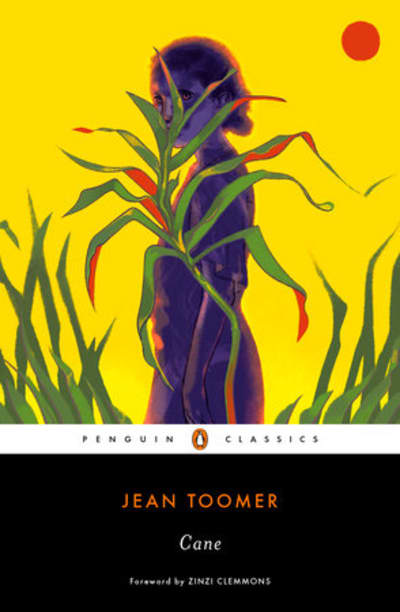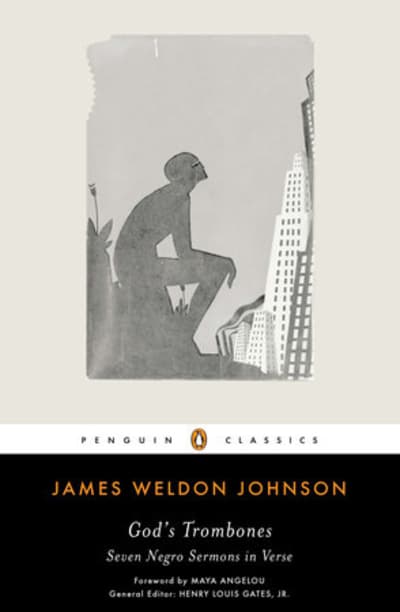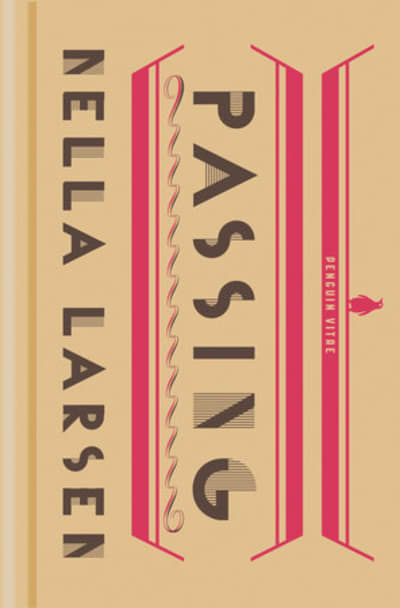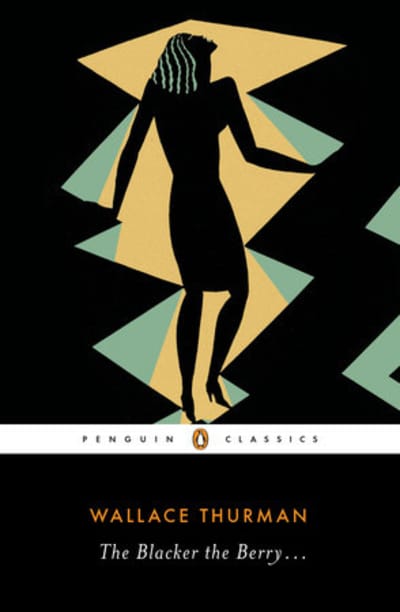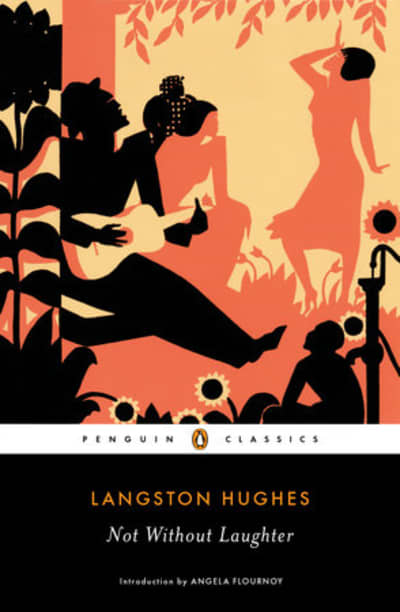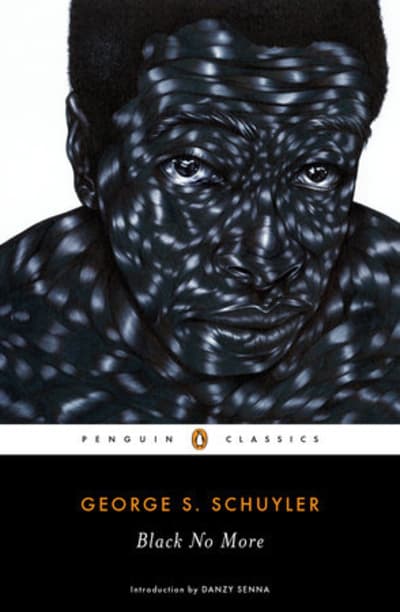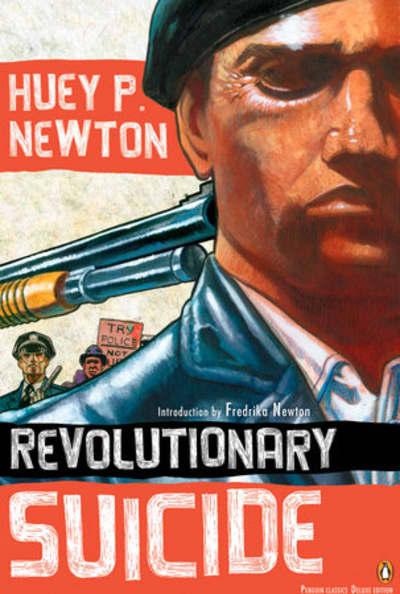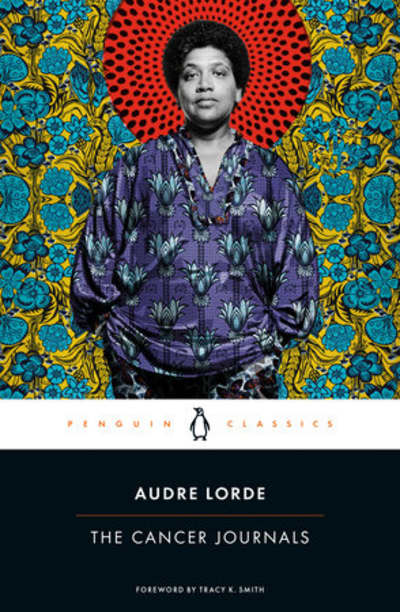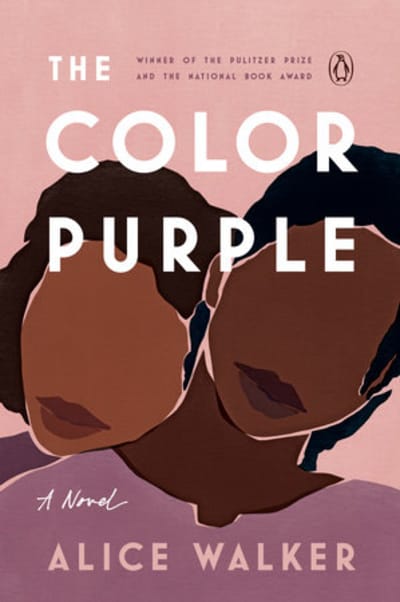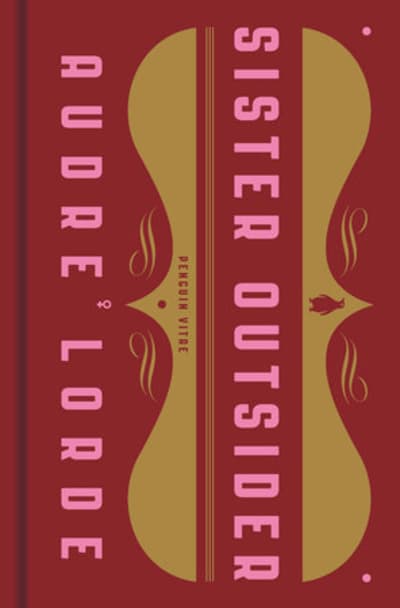
"In times of social unrest and crisis, we are wise to look back to determine the paths and missteps that brought us to those particular junctures—we must take time to pause, read, reflect, learn, and take reparative actions to attend to the harm done."
—Michelle D. Commander, from the introduction to Unsung: Unheralded Narratives of American Slavery & Abolition
To celebrate Black History Month and the publication of Unsung: Unheralded Narratives of American Slavery & Abolition, Penguin Classics and The Lapidus Center for the Historical Analysis of Transatlantic Slavery at the Schomburg Center for Research in Black Culture have collaborated to create a curated reading list of works on slavery and memory in the United States. Exploring these subjects through classic and contemporary novels, poetry, and nonfiction works, the list seeks to highlight writings that also speak to themes of resistance and liberation.
In addition to the reading list, make sure to explore the digital resources available through the Schomburg Center, including:
This month (and every month), let us know what you are reading using #AmplifyBlackStories.
A reading list of works on slavery and memory in the United States
Curated by Michelle D. Commander, editor of Unsung: Unheralded Narratives of American Slavery & Abolition, and associate director and curator of the Lapidus Center for the Historical Analysis of Transatlantic Slavery at the Schomburg Center for Research in Black Culture. Commander is also the author of Afro-Atlantic Flight: Speculative Returns and the Black Fantastic and Avidly Reads Passages.
To purchase books from the reading list through the Schomburg Shop, click here.
Titles available from Penguin Classics
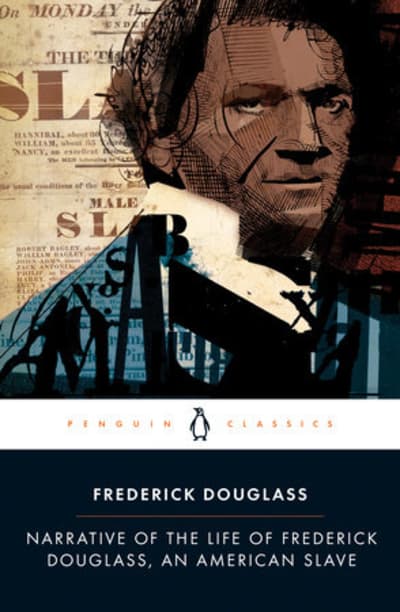
Narrative of the Life of Frederick Douglass, an American Slave
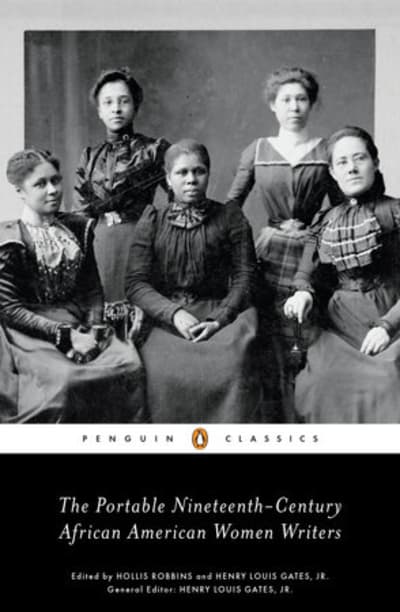
The Portable Nineteenth-Century African American Women Writers
Additional Reading
James Baldwin, The Fire Next Time
Edward E. Baptist, The Half Has Never Been Told: Slavery and the Making of American Capitalism
Lerone Bennett, Jr., Before the Mayflower: A History of Black America
David W. Blight, Frederick Douglass: Prophet of Freedom
Octavia E. Butler, Kindred
Stephanie M. H. Camp, Closer to Freedom: Enslaved Women and Everyday Resistance in the Plantation South
Kellie Carter Jackson, Force and Freedom: Black Abolitionists and the Politics of Violence
Michelle D. Commander, Avidly Reads Passages
Ralph Ellison, Invisible Man
Nikky Finney, Rice
Eric Foner, Reconstruction: America’s Unfinished Revolution, 1863–1877
Thavoila Glymph, Out of the House of Bondage: The Transformation of the Plantation Household
Saidiya Hartman, Lose Your Mother: A Journey Along the Atlantic Slave Route
Gerald Horne, The Counter-Revolution of 1776: Slave Resistance and the Origins of the United States of America
Stephanie E. Jones-Rogers, They Were Her Property: White Women as Slave Owners in the American South
Ethan J. Kytle and Blain Roberts, Denmark Vesey’s Garden: Slavery and Memory in the Cradle of the Confederacy
Koritha Mitchell, From Slave Cabins to the White House: Homemade Citizenship in African American Culture
Toni Morrison, Beloved
Toni Morrison, Song of Solomon
Gloria Naylor, Mama Day
Julius S. Scott, The Common Wind: Afro-American Currents in the Age of the Haitian Revolution
Christina Sharpe, In the Wake: On Blackness and Being
Manisha Sinha, The Slave’s Cause: A History of Abolition
Jesmyn Ward, Sing, Unburied, Sing
Richard Wright, Black Boy
Kevin Young, Brown: Poems
About the Lapidus Center for the Historical Analysis of Transatlantic Slavery
The Lapidus Center for the Historical Analysis of Transatlantic Slavery, founded in 2014 with a generous $2.5 million gift from Ruth and Sid Lapidus, generates and disseminates scholarly knowledge and works on the slave trade, slavery, and anti-slavery pertaining to the Atlantic World. The Center supports the work of researchers with long-term and short-term fellowships. Given the centrality of Atlantic slavery to the making of the modern world, Lapidus fellowships ensure that slavery studies are a cornerstone of the Schomburg Center’s broader research community. The Center engages the public with a variety of programs, an annual nonfiction book prize, exhibitions, conferences, and partnerships with local, national, and international institutions. To see the Lapidus Center’s digital collection, click here. To learn more about the Lapidus Center, please visit lapiduscenter.org.
About the Schomburg Center for Research in Black Culture
Founded in 1925 and named a National Historic Landmark in 2017, the Schomburg Center for Research in Black Culture is one of the world’s leading cultural institutions devoted to the preservation, research, interpretation, and exhibition of materials focused on African American, African Diasporan, and African experiences. As a research division of The New York Public Library, the Schomburg Center features diverse programming and collections totaling over 11 million items that illuminate the richness of global black history, arts, and culture. Learn more about how to support the Schomburg Center here.
About the New York Public Library
For 125 years, The New York Public Library has been one of the world’s leading free providers of education and information for the people of New York and beyond. With 92 locations—including research and branch libraries—throughout the Bronx, Manhattan, and Staten Island, the Library offers free materials, computer access, classes, exhibitions, programming, and more to everyone from toddlers to scholars, and has seen record numbers of attendance and circulation in recent years. The New York Public Library serves nearly 18 million patrons who come through its doors annually and millions more around the globe who use its resources at nypl.org. To offer this wide array of free programming, the New York Public Library relies on both public and private funding.
